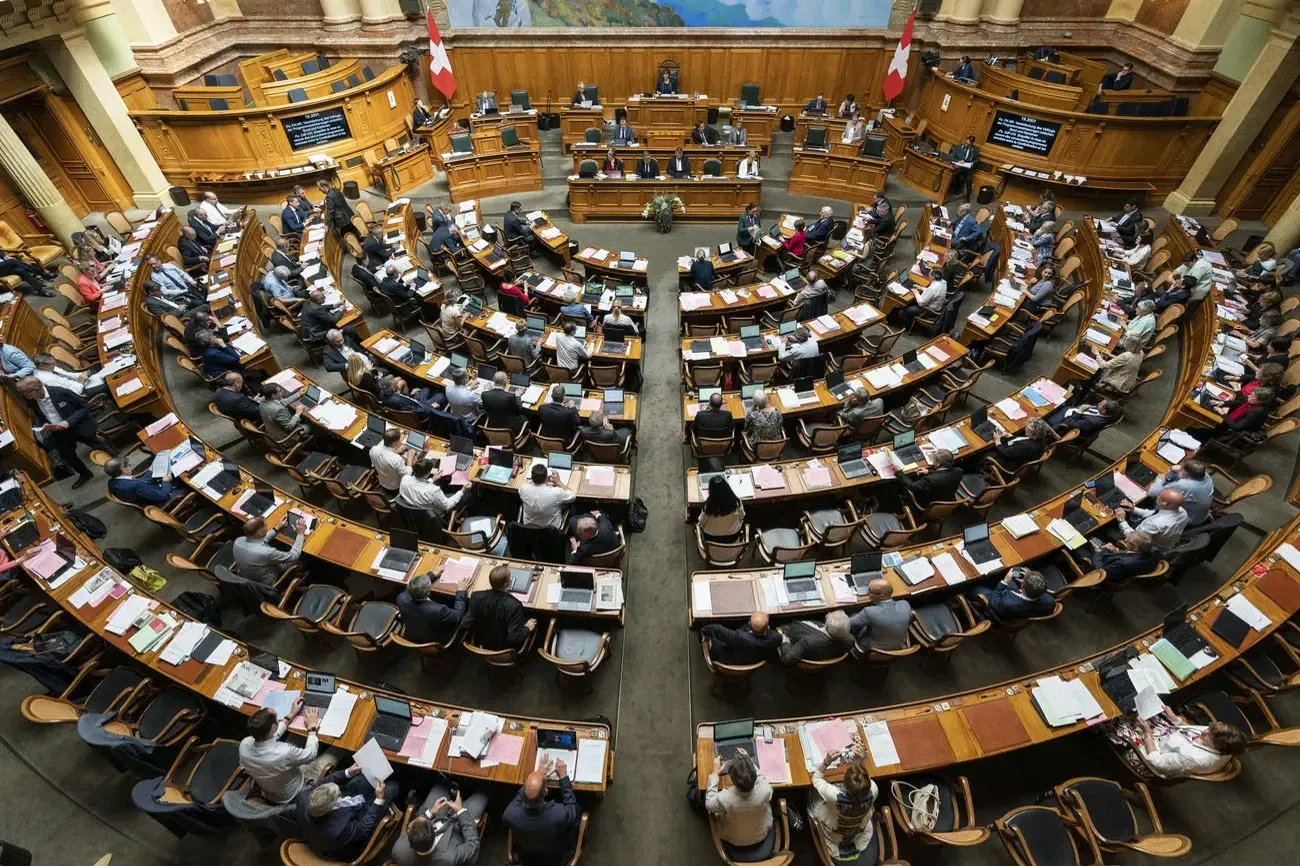
The Right of Return of the Armenians of Nagorno-Karabakh in the Spotlight of the International Community
On December 16, 2024, the lower house of the Swiss parliament adopted a motion urging the Swiss government to organize an international peace conference on Nagorno-Karabakh, with the express purpose of discussing the right of the displaced population of Artsakh to return safely. This motion specifically aims to promote the right of the displaced Armenian population to return to their homeland in conditions of safety, dignity, and collective security (https://www.youtube.com/watch?v=GK3DJlRVzXU).
Of particular note is that the forced displacement of the entire Armenian population of Nagorno-Karabakh is framed in the motion not merely as a humanitarian crisis but also as an imperative to address a deep regional injustice-thereby laying a potential foundation for a lasting peace between Armenia and Azerbaijan. The text emphasizes that, following Azerbaijan’s most recent military offensive in September 2023, Nagorno-Karabakh was emptied of its Armenian residents. The justification for the motion warns that “fearing a repetition of genocide akin to that committed against the Armenians in 1915, the indigenous population was compelled to abandon its homeland within a matter of days.” In the intervening period, well-documented ethnic cleansing has taken place. Armenian cultural heritage-such as churches, monasteries, and cemeteries-has been systematically destroyed or transformed under the guise of “renovation,” accompanied by falsified documentation (https://armenpress.am/en/article/1202426).
Despite this policy on the part of Azerbaijan, the Armenians of Nagorno-Karabakh uphold their right to return to their homeland, to determine their political future, and to exercise democratic self-governance under international security guarantees (https://armenpress.am/en/article/1202426).
The right of displaced peoples to return to their place of origin is firmly established in international law and diplomatic practice. This principle has been reaffirmed by multiple legal precedents and international resolutions, including the November 2023 ruling of the International Court of Justice (ICJ) and the European Parliament resolutions of March and October 2024 (https://www.civilnet.am/en/news/809827/artsakh-peoples-right-of-return-why-swiss-parliaments-decision-is-important/?fbclid=IwY2xjawHU5FFleHRuA2FlbQIxMQABHdbA87tEWbT2YAy2rQdE86skLPspXDeF7DVpKR-kdsyo8WgbHonc9qq5Kg_aem_CQ-su5K7EEHF8NmFJ4d3eA).
In particular, on November 17, 2023, the International Court of Justice ruled that Azerbaijan is obliged to ensure the “safe, unimpeded, and prompt return” of those displaced, as well as to prevent any future displacement through force or intimidation (ICJ, Doc. No. 180-20231117-ORD-01-00-EN).
Moreover, on March 12, 2024, the European Parliament adopted a resolution calling on Azerbaijan to engage in a comprehensive and transparent dialogue with the Armenians of Karabakh, to respect their rights, ensure their security, and permit them to return to their homes under international supervision (Joint motion for a resolution RC-B9-0163/2024, para. 14).
The text of the motion also underscores that Azerbaijan continues to engage in the systematic destruction of Armenian cultural, historical, and communal heritage in Nagorno-Karabakh. Monuments, churches, cemeteries, and other symbols of Armenian identity are being demolished, altered, or appropriated, effectively severing the ties between the displaced communities and their homeland.
According to the resolution, the return of Armenians to Nagorno-Karabakh is not solely a humanitarian responsibility but also a strategic imperative for ensuring long-term stability in the South Caucasus. History demonstrates that peace achieved through the forced removal of an ethnic population is no genuine peace at all. Unresolved grievances breed new waves of violence and instability. If Azerbaijan is earnest in its stated goal of seeking peace and reconciliation, it must facilitate the return of the displaced population while safeguarding the cultural and historical character of the region.
The motion further touches upon bilateral relations between Switzerland and Azerbaijan: “Given the close cooperation between Switzerland and Azerbaijan in the energy sector, it is in the economic interest of the Swiss Confederation to establish a sustainable peace in the region. This includes, in particular, the restoration of the fundamental rights of the people of Nagorno-Karabakh. An international peace forum organized by Switzerland could be pivotal in achieving a settlement of the conflict, enabling the return of the displaced population, and thereby contributing to the stabilization of the entire region.” Switzerland, drawing on its proven record of neutrality, is uniquely positioned to initiate a constructive dialogue among the parties in conflict.